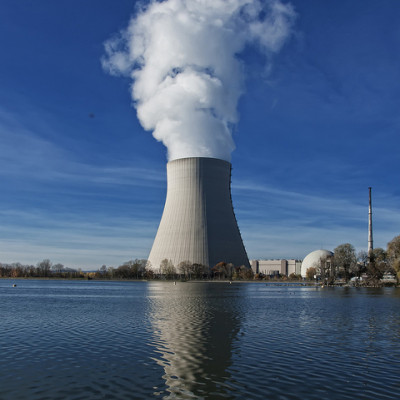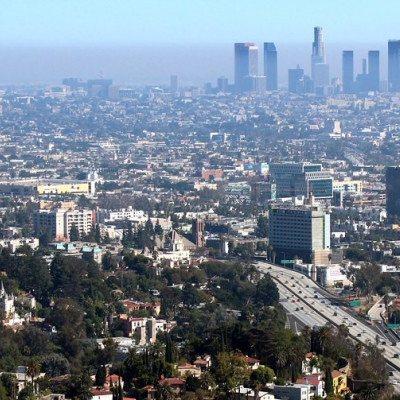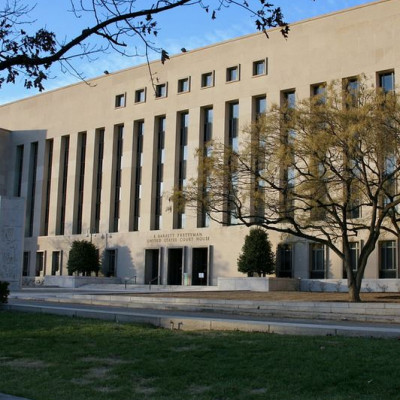October 31, 2019
October 2019 at Policy Integrity
- Court Upholds Zero-Emissions Credits for Nuclear Power in NY
- In the News
- Cross-State Air Pollution Court Ruling
- New Resource on Climate Damages from U.S. Natural Gas Exports
- Supporting New Tobacco and Chemical Regulations
- More from This Month
-

Court Upholds Zero-Emissions Credits for Nuclear Power in NY
In an important ruling that cited our brief, New York’s Albany County Supreme Court upheld the state’s Zero-Emissions Credit program that pays nuclear power plants for the value of avoided carbon emissions. Our amicus brief argued that the ZEC program, which pegs its compensation scheme to the social cost of carbon, is exactly the type of policymaking that the SCC was designed to facilitate. The court cited our brief in its finding that the SCC is the “best tool to reflect the environmental monetary damages attributable to reduced carbon emissions.” Richard Revesz explained in RTO Insider how the ruling affirms the SCC’s role as an important and effective tool for state policymakers.
-

In the News
The U.S. Department of Justice filed a lawsuit against California, seeking to block the state’s six-year-old cap-and-trade agreement with the Canadian Province of Quebec. Richard Revesz told The New York Times that a Trump administration legal victory could have a “chilling effect,” putting any state that takes significant action on climate change in the crosshairs of federal litigation. Avi Zevin spoke with E&E News about how the DOJ claims are more likely an attempt to punish California than to enforce the constitution. He also discussed whether the lawsuit has implications for litigation surrounding the state’s auto emissions policies.
A Vox article highlights Peter Howard and Michael Livermore’s recent paper in the Harvard Environmental Law Review on sociopolitical feedbacks and climate policy. Howard and Livermore assert that as climate damages mount, countries may lose the capacity to engage in long-term climate policy. “Humankind is wasting a short window of opportunity to address climate change,” they warn, “one that may soon shut as climate damages incapacitate effective political action.”
-

Cross-State Air Pollution Court Ruling
The U.S. Court of Appeals for the D.C. Circuit struck down the EPA’s “Close-Out” Rule, which allowed upwind states to continue emitting ground-level ozone pollution that significantly contributes to downwind air quality problems. The EPA’s justification of the rule relied on prior but irrelevant analysis. We filed an amicus brief detailing how the agency fundamentally misunderstood its job in analyzing and choosing between regulatory options when it refused to order pollution reductions. Richard Revesz commented on the ruling in E&E News, Utility Dive, and Bloomberg Law, calling it a “harbinger of further defeats” for the EPA.
-

New Resource on Climate Damages from U.S. Natural Gas Exports
We launched a new resource that compiles the greenhouse gas emissions and resulting climate damages from liquefied natural gas export terminals in the United States, based on FERC and EPA data on active, mid-construction, proposed, and approved LNG projects. Assuming all of the projects become operational, simply running these facilities could lead to over 100 million metric tons of carbon dioxide-equivalent emissions per year, which amounts to over $5 billion in annual climate damages. If all the natural gas that is expected to pass through these facilities is combusted, the resulting emissions would cause an additional $50 billion in annual climate damages.
-
Supporting New Tobacco and Chemical Regulations
While many of our recent public comments and amicus briefs have advocated against harmful and poorly-analyzed policies put forward by the Trump administration, we also continue to support new regulatory efforts that could benefit the public. In October, we submitted comments on the FDA’s proposal to place updated, more effective health warning labels on cigarette packages and advertisements, as well as on the EPA’s plans to regulate four new chemicals under the Toxic Substances Control Act. We offered support for each proposal and suggested ways to strengthen the analyses underlying these rules.
-
More from This Month
We also submitted comments or testimony on:

